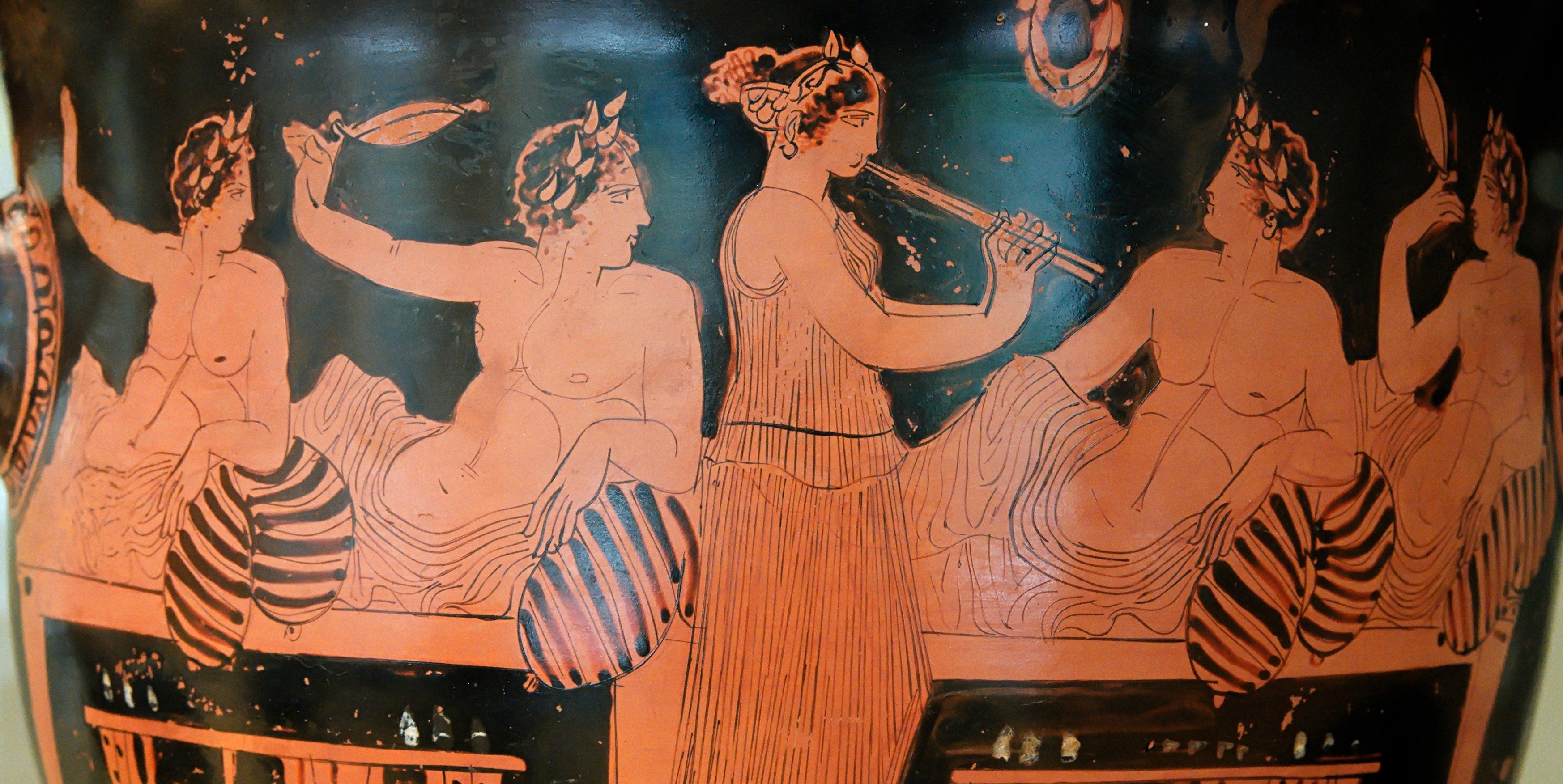
May 5, 2013, by Stephen Mumford
A Philosopher on Love
2,400 years ago Plato wrote of love in The Symposium. His character Aristophanes explained how we have a feeling of wholeness when we are with the ones we love. People were originally joined together in pairs, connected at the back but with four legs, four arms and two faces. Some pairs were both male, some both female, and some were one male and one female. But these creatures became separated, cut in half by the god Zeus.
In life, we have to seek out our original partner to be re-united. Only then are we complete. From this story, we take the expression ‘other half’ for our beloved. And once we have found them, we want never to let them go again.
Plato’s story is a myth. But all lovers understand it. We understand the deeper truth that it represents. Without love, we feel empty: a deep yearning for wholeness. All the riches of the world cannot shield us from it. And we do not love because it will make us healthy or wealthy. We want health and wealth so that we can love.

The above is an extract from the piece I read at my niece’s wedding yesterday. I used some material from earlier Arts Matters posts. No sentiment was spared. There had been a fascinating discussion ealier in the week on Twitter with various helpful suggestions of how I might use philosophers to talk about love. I resisted use of Kant’s view on marriage as delivering a right of access to the other’s genitals. My more romantic and Platonic vision of love, in full, was:
If there be just one single thing that each and every person requires, we say that it is love. It is not wealth, nor status, except insofar as some mistakenly believe that those will bring them love. Some say they want happiness, and yet a little reflection reveals that love is the real thing that secures it.
Love – this most sought-after, prized and cherished of human feelings – while so badly wanted, is also badly understood. How might we understand better this precious thing, which stands next only to food among life’s essentials?
2,400 years ago Plato wrote of love in The Symposium. His character Aristophanes explained how we have a feeling of wholeness when we are with the ones we love. People were originally joined together in pairs, connected at the back but with four legs, four arms and two faces. Some pairs were both male, some both female, and some were one male and one female. But these creatures became separated, cut in half by the god Zeus.
In life, we have to seek out our original partner to be re-united. Only then are we complete. From this story, we take the expression ‘other half’ for our beloved. And once we have found them, we want never to let them go again.
Plato’s story is a myth. But all lovers understand it. We understand the deeper truth that it represents. Without love, we feel empty: a deep yearning for wholeness. All the riches of the world cannot shield us form it. And we do not love because it will make us healthy or wealthy. We want health and wealth so that we can love.
Well, you know *me*. I’m all in favor of this sort of thing. I hope that your niece and her sweetheart are in for a delicious life-long love affair that is Good for their souls.
Or is it a pernicious myth that contributes to the equation of aloneness with loneliness? Do we really need another half to make us complete? Perhaps feeling complete in ourselves would allow us better to love others. Just a thought. Not so good for weddings though.
Hi, I am from Australia.
Please find a unique Understanding of the Symposium via this reference.
http://www.adidamla.org/newsletters/newsletter-aprilmay2006.pdf
Plus a related reference
http://www.adidaupclose.org/Crazy_Wisdom/anthony.html